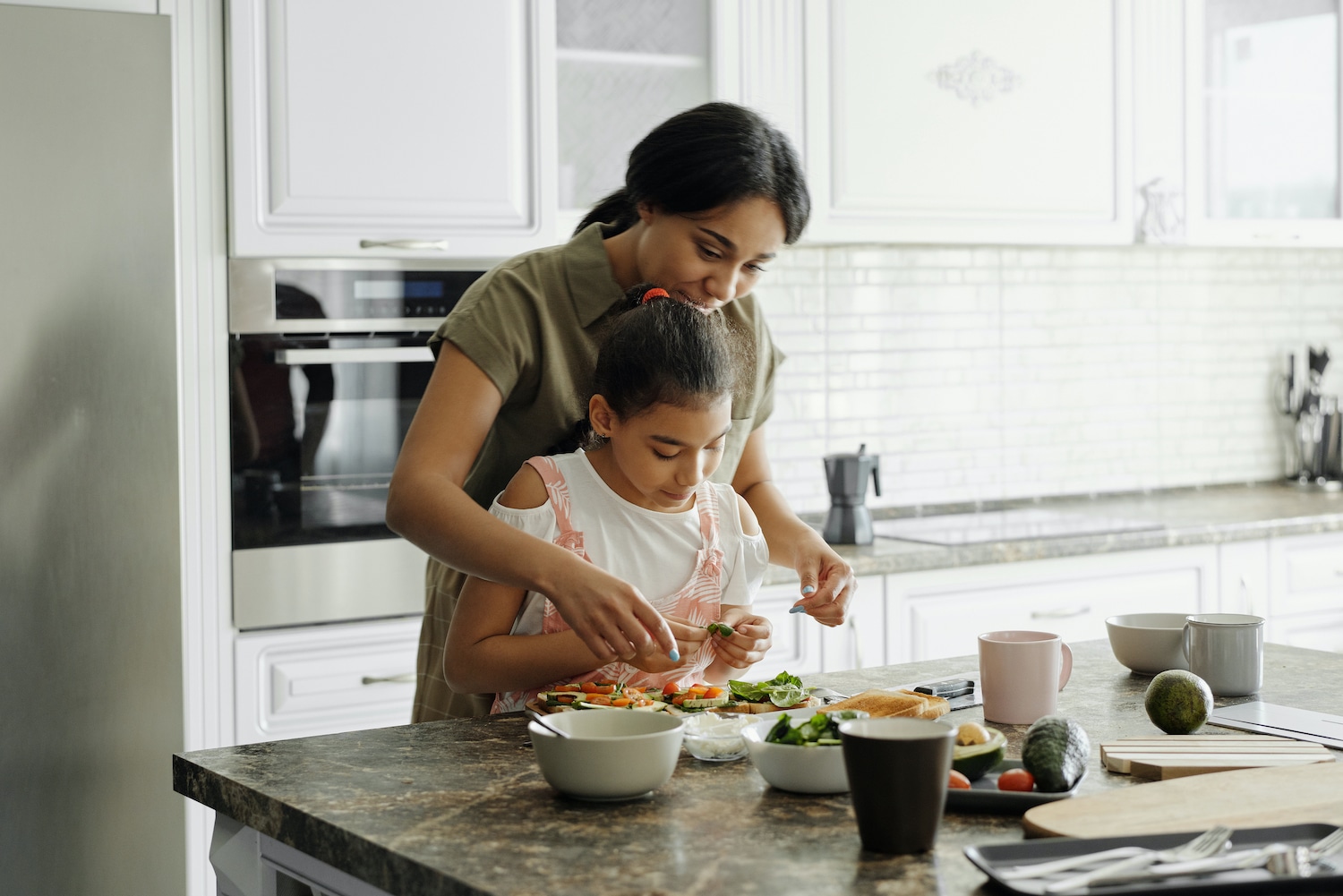Relationships, whether they are personal or work-related, are significant aspects of our lives. They can have both positive and harmful effects on our mental wellbeing and satisfaction with life. From the day we are born, we develop and form relationships with others. This is because we have an inherent desire to be social and form connections. Thus, being able to identify, develop and foster healthy relationships is essential to improving your quality of life, performance in a variety of areas and your wellbeing.
What do healthy relationships look like?
Healthy relationships mean all individuals involved feel supported, connected and respected where they assist one another emotionally, mentally and practically. If something doesn’t feel right in the relationship or one of the parties has a concern, you should have the freedom and confidence to express your concern with the other. A healthy relationship does not mean a “perfect” relationship and no relationship will be healthy 100% of the time but there are characteristics and behaviours that you should strive to uphold in all your relationships.
Healthy relationships manifest themselves as healthy communication. Open communication is critical, where regular, clear and continuous communication drives and fosters healthy relationships. Individuals in healthy relationships regularly interact, talk and openly listen to one another, allowing them to have a deep understanding of each other. You must not rely on the other person to guess or know what is going on, what you are thinking or how you are feeling.
How can setting boundaries maintain healthy relationships?
Misunderstandings arise when communication is minimal and unclear. This can ultimately lead to someone being hurt or creating a tense/ruined relationship. However, they can be easily avoided by open communication and by making a real effort to understand what the other person is trying to express and their perspective on the issue. Overall, try and stay calm, don’t attack one another and try to avoid becoming too defensive but just overall listen and talk openly, honestly and respectfully.

Establishing boundaries early on in the relationship is another significant component of a healthy relationship. This means that healthy relationships are subjective to the person where BOTH parties need to decide what is healthy for them and what is not. This process is not one-sided but must have input from all involved to promote equality, fairness and to ensure everyone’s needs are met and satisfied.
Boundaries also involves each individual expressing to the other what they are and are not comfortable with regarding their family, friends, sexual life, finances, interests, work, personal space and time. Each person needs to clearly set out their expectations of the relationship and what they want and don’t want in the relationship.
What do boundaries in relationships look like?
When boundaries are set effectively and positively in healthy relationships, it looks like:
- Each person should be allowed to spend time with friends and family
- Technology should not be abused by constantly checking on your partner
- Don’t pressure others to do things that they don’t want to do
- Take time for yourself
- Don’t repetitively accuse the other of cheating or being disloyal
Characteristics of Healthy Relationships
Respect:
Respect is a way of treating or thinking about someone; it means you accept the other person for who they are even when they are different to yourself, hold different views or live a different way of life. Respect is crucial for a healthy relationship as it builds feelings of trust, safety and promotes a positive wellbeing.
Trust and honesty:
Confidence in the other that they won’t be unfaithful or do any actions to hurt you is crucial. You need to fully trust the other and openly discuss matters of concern. Hiding issues from the other will only deteriorate the healthy relationship but honesty makes each person feel involved, respected and comfortable. You should be able to be truthful without fearing how the other person will respond.
Equality:
A healthy relationship is a balanced relationship. This requires both parties putting in the same amount of effort and time into the relationship. Additionally, each person has a say in matters of concern and decisions and are not one-sided.
Shared interests:
Spending time together should be enjoyable and exciting. This will ultimately lead to you bring out the best in one another; enhancing your satisfaction and quality of life.
Care:
Individuals need to be kind and empathetic to one another, provide comfort and support especially during times of hardship. The relationship needs to progress at a speed that makes all involved feel comfortable and cannot be rushed or forced.
Independence:
Each person in the relationship needs to have their own time and space for themselves outside the relationship. This allows time for reflection and participation in activities of interest.
Responsibility:
Being able to take responsibility for your own actions, behaviours and words are essential. Try to avoid placing unnecessary blame on the other, admit when you are in the wrong and apologise.
Consent:
Consent means both individuals involved express their expectations and wants in the relationship. It is not ongoing, where both people need to keep giving and looking for consent. Just because you are in a relationship already does not make it automatic. Lastly, there is no such thing as implied consent where an absence of a “no” does not mean a “yes”.
Overall, healthy relationships bring out the best in all involved and make you feel supported and valued. Healthy relationships will experience ups and downs. They will not be healthy 100% of the time and are in no such way “perfect”. Striving to uphold the above behaviours and mindsets will assist you in developing positive and healthy relationships with others.




